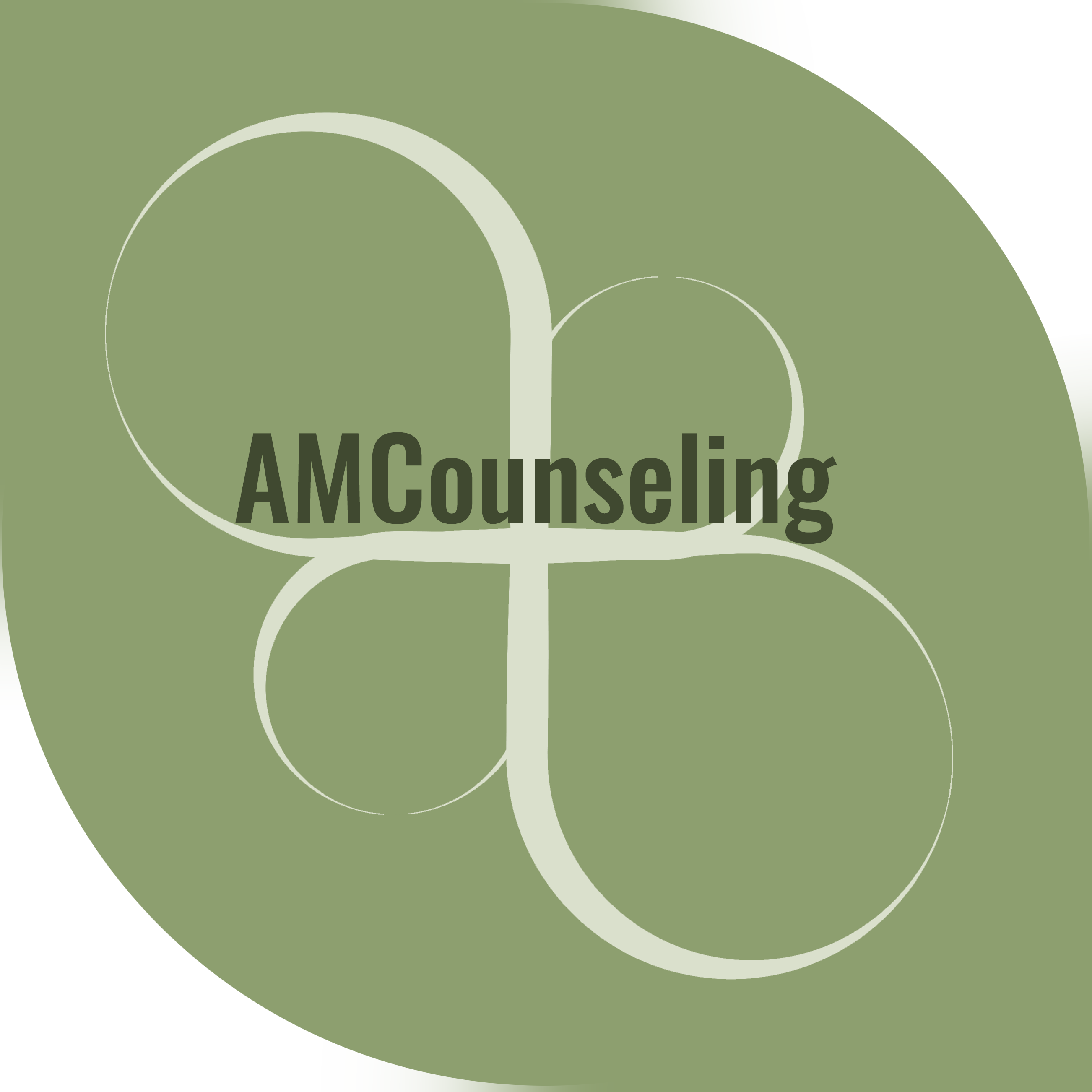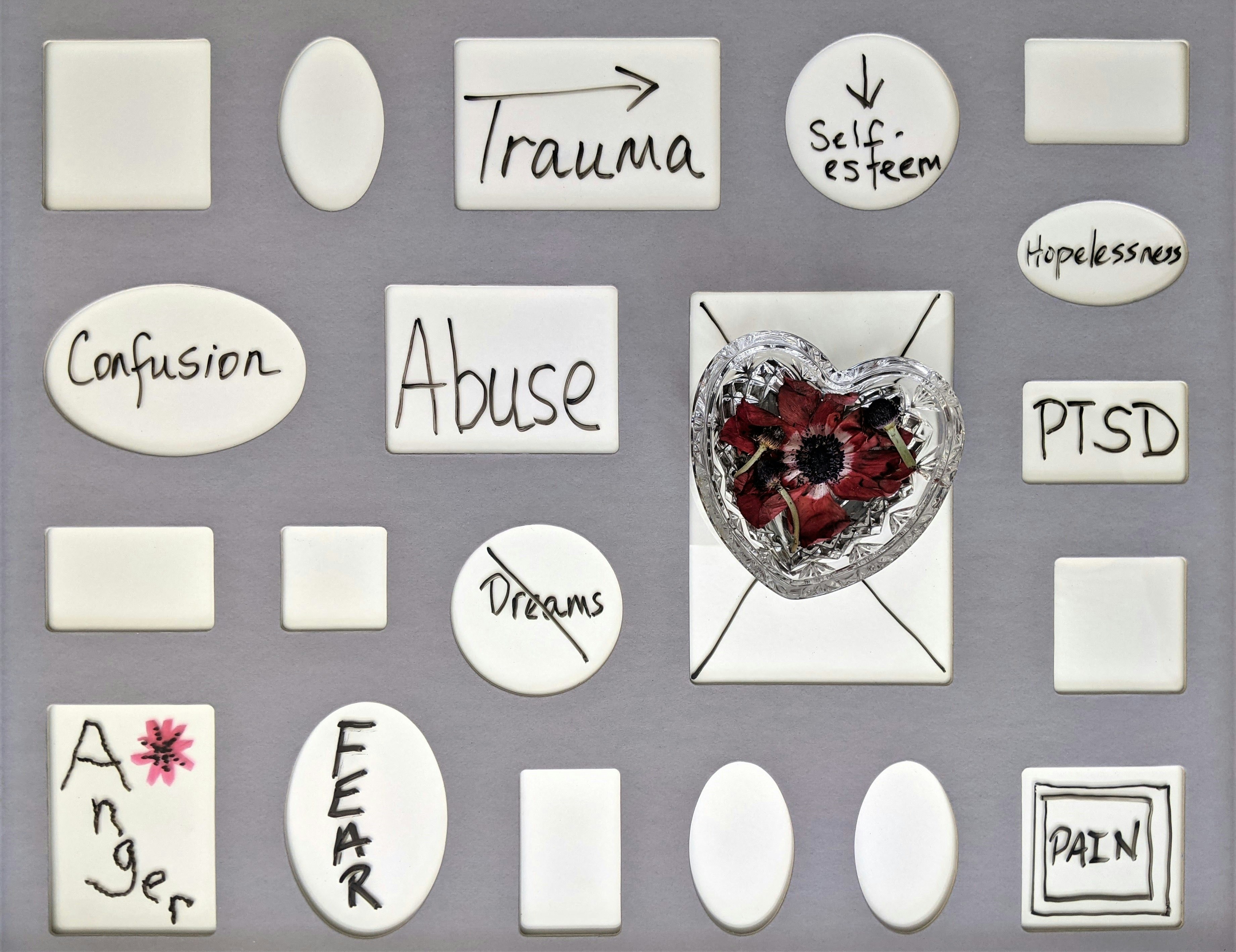What is Generational Trauma?
Generational trauma, also known as intergenerational or transgenerational trauma, refers to the transmission of trauma from one generation to the next. This can occur when the effects of traumatic experiences, such as abuse, neglect, or profound stress, are not adequately addressed and processed. Instead, they manifest in various forms in subsequent generations, influencing family dynamics and relationships.
The Cycle of Trauma Through Generations
How Trauma is Passed Down
Trauma can be passed down through several mechanisms:
- Behavioral Patterns: Traumatized individuals may develop coping mechanisms and behaviors that, although intended to protect, can be harmful. These behaviors can be modeled and learned by their children.
- Emotional Responses: Parents who have experienced trauma may struggle with emotional regulation, inadvertently teaching their children similar dysfunctional emotional responses.
- Genetic Factors: Emerging research suggests that trauma can even leave biological marks on DNA, potentially affecting stress responses in descendants.
- Family Narratives: Stories and family histories laden with unprocessed trauma can shape the worldview and emotional health of the next generation.
Impact on Family Dynamics
Generational trauma can severely impact family dynamics and relationships:
- Communication Breakdown: Traumatized families might avoid open and honest communication, perpetuating misunderstandings and emotional distance.
- Attachment Issues: Children of traumatized parents may experience attachment issues, leading to difficulties in forming secure, healthy relationships.
- Reenactment of Trauma: Without intervention, traumatized individuals might unconsciously recreate their trauma in their relationships, perpetuating a cycle of pain and dysfunction.
Recognizing the Signs of Generational Trauma
Recognizing the signs of generational trauma is crucial for breaking the cycle:
- Recurrent Family Issues: Patterns of abuse, addiction, or mental health issues appearing across generations.
- Emotional Dysregulation: Persistent feelings of anxiety, depression, or emotional numbness within the family.
- Relationship Struggles: Chronic conflicts or a pervasive inability to maintain healthy relationships. To read more about codependency and trying to heal unhealthy relationship dynamics: https://amandamaurocounseling.com/codependency-unhealthy-dynamics-and-personal-growth/
Breaking the Cycle of Generational Trauma
- Acknowledgment and Awareness
The first step in breaking the cycle of generational trauma is acknowledging its existence. Recognizing the patterns and understanding their origins can provide a foundation for healing.
- Therapy and Counseling
Professional therapy can be instrumental in addressing generational trauma:
- Individual Therapy: Helps individuals understand and process their trauma, develop healthier coping mechanisms, and work through emotional responses. If you would like to explore how trauma therapy could be helpful for you, lets connect: https://amandamaurocounseling.com/services/
- Family Therapy: Can address dysfunctional family dynamics and improve communication, fostering a more supportive and understanding family environment.
- Building Resilience
Developing resilience can mitigate the impact of trauma:
- Healthy Relationships: Building and maintaining healthy relationships outside the family can provide emotional support and model positive interactions.
- Self-Care Practices: Regular self-care practices, such as mindfulness, exercise, and hobbies, can improve overall well-being and emotional regulation.
- Education and Awareness: Learning about trauma and its effects can empower individuals to break the cycle and make informed choices about their behaviors and relationships.
- Establishing Boundaries
Setting healthy boundaries is crucial for protecting oneself from the effects of generational trauma:
- Emotional Boundaries: Learning to manage one’s emotional responses and not taking responsibility for others’ emotions.
- Physical Boundaries: Ensuring physical space and time for oneself to recharge and process emotions.
- Relational Boundaries: Defining what is acceptable in relationships and communicating these boundaries clearly.
Generational trauma is a complex and pervasive issue that can profoundly affect families across generations. By understanding its mechanisms and impact, acknowledging its presence, and actively working towards breaking the cycle through therapy, resilience-building, boundary-setting, and developing a support system, individuals and families can begin to heal and cultivate healthier, more fulfilling relationships. Recognizing the power of these steps not only helps individuals but also paves the way for a more positive legacy for future generations.
Breaking free from the chains of generational trauma is challenging, but with commitment and support, it is entirely possible. Embrace the journey of healing and empower yourself and your loved ones to create a future where trauma no longer dictates the family narrative.
Photo by Susan Wilkinson on Unsplash

